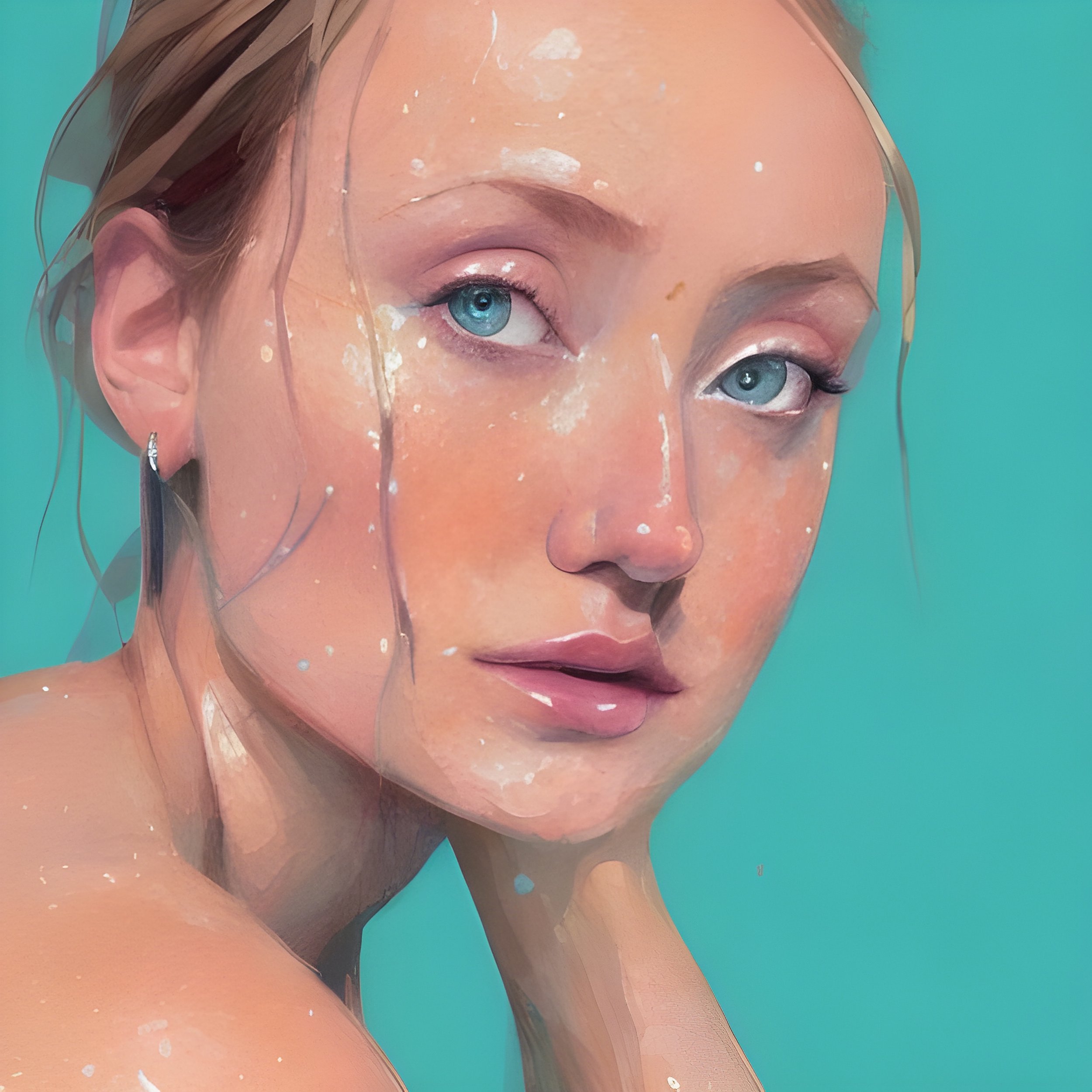Lensa AI: The Good, the Bad, the Ugly
If you have been scrolling through Instagram, Twitter, or Linkedin lately, you might have noticed a surplus of colorful portraits of your friends and favorite content creators sprawled across your feed. Many of these portraits turn regular people into beautiful victorian era figures, astronauts, futuristic works of art, anime characters, and more. These portraits are created using a viral AI avatar generation photo editing app called Lensa. Lensa is created by AI mobile tech startup Prisma Labs.
Lensa on Product Hunt. Image Credit: Prisma Labs
How does it work?
After downloading the app, users can select and purchase a themed package of their choosing. After submitting 10-20 user submitted selfies, the app will quickly create an image library of 50-100 AI-generated images. From there, the app makes it simple to download the images in standard resolution or 4k. The app has annual subscription options or free trial options that make it easy to purchase avatar packages for under just a few dollars per package. The packages unique themes like Kawaii, Anime, Pop, Fantasy, Light, Iridescent, Cosmic, etc. that each cater to the different art styles that an individual may enjoy.
Why is it so popular?
The app is incredibly easy to use. Furthermore, it is no secret that most humans love to look at themselves and share with others something or someone resembles us. Many of the images produced by the app bear a striking resemblance to the user submitted photos but several also produced glitched out images where bodily features like eyebrows, lips, limbs, or fingers end up in the wrong place. These images create hilarious fails and beautiful avatars that generate conversation amongst friends and strangers. It is fun, visually appealing, and most importantly, shareable.
Topping the charts
Though the Lensa app has been in existence since 2018, it only topped the charts this past week and is currently #1 on the Apple App store. SensorTower, an app analytics firm, reported that Lensa had been downloaded about 22.2 million times since its inception. Approximately 2 million of those downloads were in the past 30 days, mainly from a U.S. audience but it is quickly growing in popularity in Brazil and worldwide.
How does it work?
According to Lensa, the portraits are generated using the open source Stable Diffusion, a deep learning, text-to-image model released in 2022. Prisma Labs told TechCrunch that it uses AWS cloud services to process users’ photos and “as soon as an AI model is trained on a user’s photos, the images are immediately deleted.”
The ugly
While many are loving the AI-generated art, others have brought up serious concerns about the app and AI-art as a whole. Women like Allie K. Miller and Meagan Loyst have commented on LinkedIn that the app tends to produce inappropriate and oversexualized NSFW images, especially of women. Artists themselves have also chimed in regarding the sources used to generated the art. Riot Games artist, Jon Lam and artist/graphic designer, Lauryn Isum both tweeted that that the app steals images from artists and uses the artwork without their permission. Several folks have shared screenshots showing artists signatures in the corner of Lensa generated images. In addition, Techcrunch shared in a recent article that artists do not have the option to opt out of having their artwork utilized. While the app continues to make hundreds of thousands of dollars, none of the artists receive credit or compensation for the use of their artwork. This is incredibly harmful to artists livelihood. Several have posed the question of whether AI-generated art, can even be called art at all. Privacy is another major concern. G Craig Vachon, head of US Operations at Nextstage AM and CEO of AI Redefined commented the following:
“Lensa is informing its users that it is using the uploaded photos to train its AI. The privacy implications of this are significant. Societally, privacy is necessary for social progress and innovation. Once this data (photos) via trained AI is available commercially, users won't have a chance to retract these photos. Envisage a nefarious organization (or person) that purchases access to this trained AI to determine who is entering a woman's health clinic, or other. We all need to protect our privacy as best we can, because these pieces of data live forever, get amalgamated into other databases, and get traded to players who may not have your best interests in mind”. G Craig Vachon
While it can be fun to play around with photo editing apps and to see the images that an app like Lensa puts out, it’s important to remain vigilant in how your images and data are being utilized by all apps and the possible unseen repercussions. Art, technology, and AI are incredibly powerful but like the humans that create it, none are without its flaws. Great things have come out of the collaboration between technology and art in the past decade, but it is clear there is still a long way to go and more than can be done. What do you think about AI-generated art and apps like Lensa?



